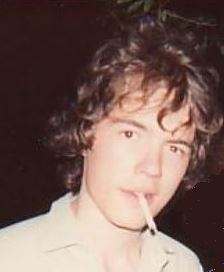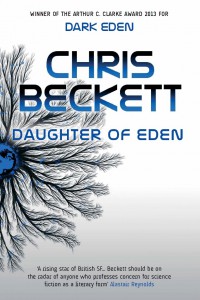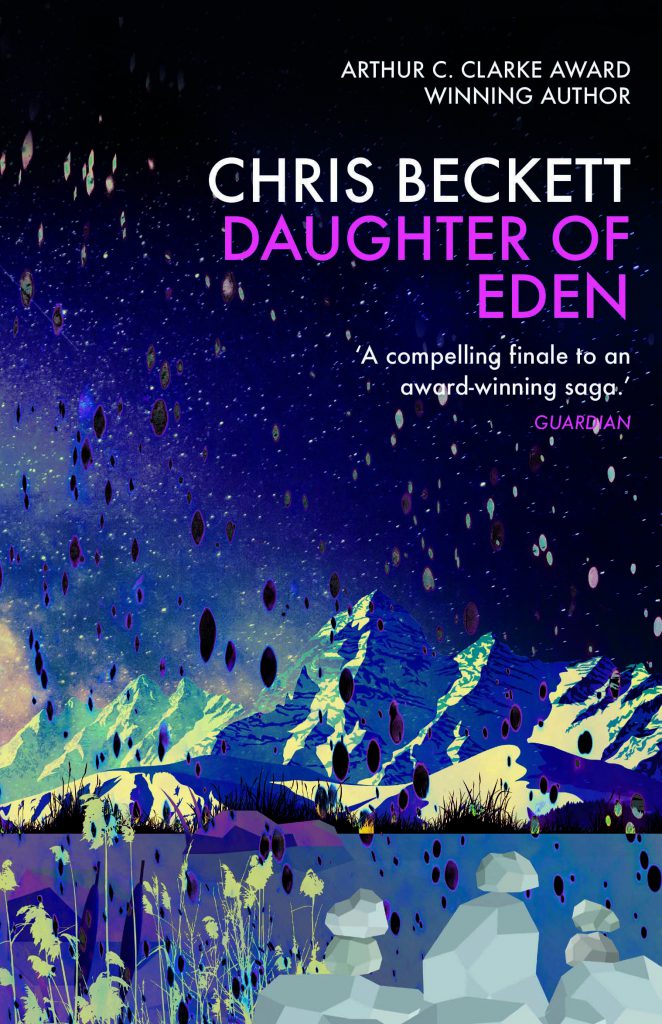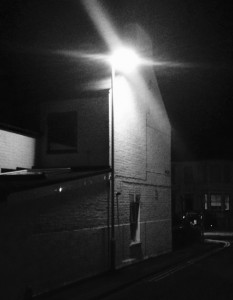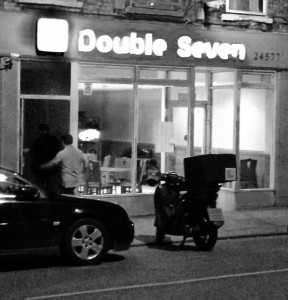The BBC’s current serialised adaption of War and Peace made me look back at my copy of the book. I’d quite forgotten that, when reading it some years ago, I’d made a note of a number of authorial reflections and asides which particularly struck me, the very things that are inevitably lost when a work as massive as this is transferred to the screen. Here was one (I hope it’s not too much of a spoiler to reveal that Natasha gets ill!):
Doctors visited Natasha both singly and in consultation, spoke a good deal of French, German, and Latin, denounced one another, prescribed the most varied medications for all the illnesses known to them: but the simple thought never occurred to any of them that they could not know the illness Natasha was suffering from… for each human being has his peculiarities, and also his his own peculiar complex illness, unknown to medical science, not an illness of the lungs, the liver, the skin, the heart, the nerves and so on… but an illness consisting in one of the countless combinations of afflictions of these organs*.
A constantly recurring theme in the book -it’s particularly evident in the discussion of the war, which repeatedly contrasts what actually happened, with how this rationalised after the event- is the chaotic nature of life, the way that at any given moment of time we are faced with a unique and incredibly complex set of circumstances which we can’t possibly fully understand, and which will have changed in any case in the next moment, and the next and the next. Doctors, generals, military historians, intellectuals, are all at various points depicted as persuading themselves that they can understand and master what is in fact unmasterable.
In historical events what is most obvious is the prohibition against eating the tree of knowledge. Only unconscious activity bears fruit, and a man who plays a role in a historical event never understands its significance. If he attempts to understand it, he is struck with fruitlessness.
In their own way, those doctors were useful, though not at all in the sense that they imagined:
They were useful not because they made the patient swallow what were for the most part harmful substances . . ., but they were useful, necessary, inevitable, because they satisfied the moral need of the sick girl and the people who loved her. They satisfied that eternal human need for the hope of relief, the need for compassion and action, which a human being experiences in a time of suffering.
I think a lot of this stuff struck me at the time -in fact, I believe this was why I made those notes- because of its relevance to my former profession of social work, which, just like Tolstoy’s doctors, attempts interventions again and again in complex, unique and ever changing situations which can’t really be truly understood, in order to satisfy the “moral need” of society to feel it is doing something about the troubling people on its fringes.
In War and Peace, the arrogance of Napoleon, who does not understand the limitations of his knowledge or power, and imagines himself as so godlike as to be able to impose his own will on events, is contrasted with the wisdom of General Kutuzov, with his minimalist approach that was always ready to retreat or give ground and let events take their course, even when others were insisting that “something must be done”, if this seemed likely to result in those events unfolding in roughly the right direction on their own. The best social workers understand this, but like politicians, and like general Kutuzov, they are constantly up against the false logic of the “Politician’s syllogism”**:
- We must do something
- This is something
- Therefore, we must do this.
*Translation by Richard Pevear and Larissa Volokhonsky, published by Vintage Books, 2007
**First spelled out like this in the satirical TV programme, Yes, Minister.
